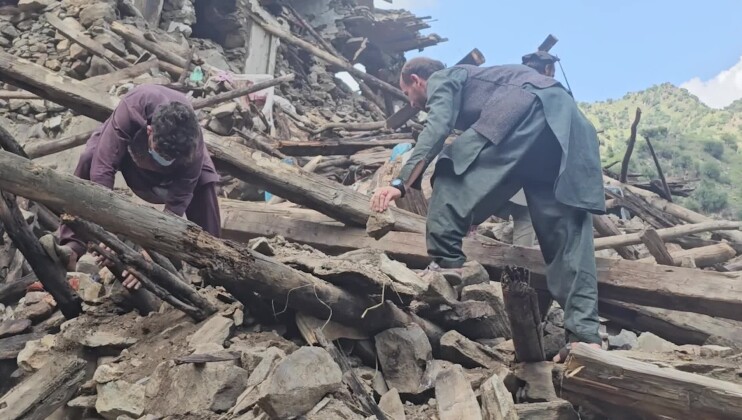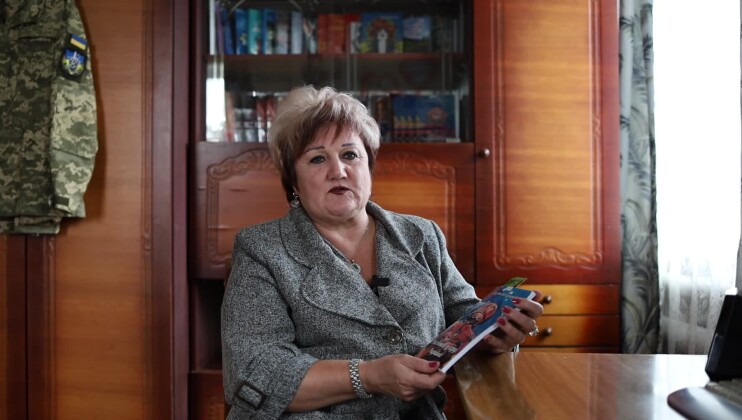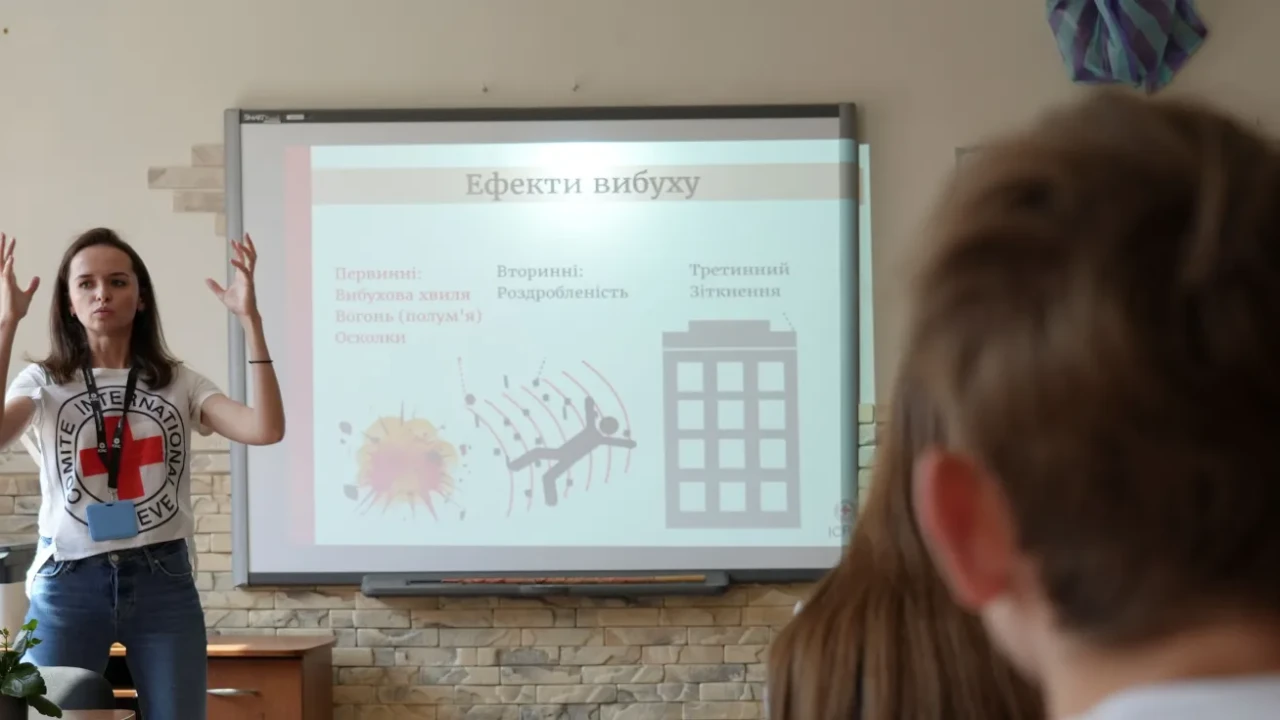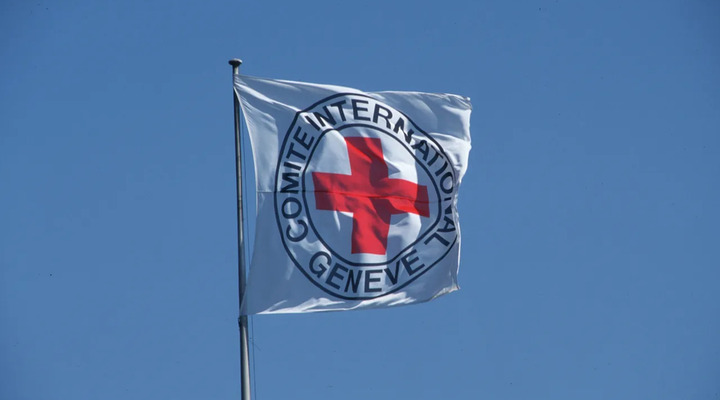Historic agreement banning nuclear weapons a “victory for our shared humanity”, ICRC says
Geneva (ICRC)-Over 120 countries today adopted a landmark treaty banning nuclear weapons. The agreement comes at a time when the world has again been reminded of the threat of nuclear weapons.
Today, the world has taken an historic step towards de-legitimising these indiscriminate and inhumane weapons, which is a crucial basis for their future elimination," said ICRC President Peter Maurer speaking in Geneva. "The agreement is an important victory for our shared humanity.
"For too long nuclear weapons have remained the only weapon of mass destruction not explicitly prohibited in international law. The treaty adopted today fills this gap," he said.
The ICRC has actively participated in the negotiations at the United Nations in New York which adopted the treaty. It advocated that the treaty recognize the catastrophic humanitarian consequences of nuclear weapons, that it be based on international humanitarian law, and that it contain a clear and unambiguous prohibition.
The treaty adopted on Friday meets these objectives. It provides a solid foundation for resisting the proliferation of nuclear weapons and forges a path towards their eventual elimination. It will enter into force when 50 States have ratified the treaty, an effort that will be supported by the ICRC and Red Cross and Red Crescent Societies around the world.
Speaking at the negotiations, the Head of the ICRC's Arms Unit, Kathleen Lawand, praised States for reaching agreement. She said, "The treaty will reinforce the stigma against the use of nuclear weapons. Yet, we know that the adoption of this treaty by itself will not make nuclear weapons disappear overnight. Our collective work is far from complete."
The ICRC, along with the International Red Cross and Red Crescent Movement, have long called for the prohibition and elimination of nuclear weapons. In 1945, ICRC doctors were among the first to respond to the devastation following the use of atomic bombs in Japan. The catastrophic humanitarian consequences were clear then, and the suffering continues today.
"Nuclear weapons are some of the most terrifying weapons ever invented. They cause unspeakable human suffering and irreversible environmental harm and are a threat to the survival of humanity itself," said President Maurer.
For further information, please contact:
Matt Clancy, ICRC Geneva, tel: +41 79 574 15 54 (English)




